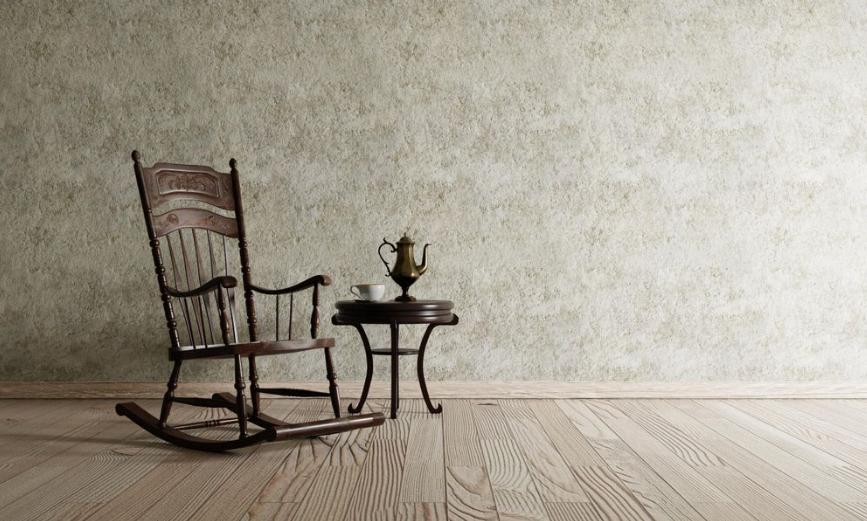
Understanding the refund rules for RADs may remove some of the stress and worry with a move into residential care.
Room prices in aged care are usually quoted as a lump sum. Often this is a big number, which can cause a lot of worry. But this is also one of the most misunderstood areas of residential aged care. Demystifying the rules may reduce some of the worry.
The lump sum charged for a room in residential care is called a Refundable Accommodation Deposit – RAD for short. While this may look like a lot of money to hand over, it is important to realise that a RAD is not “lost” money. The amount you pay as a RAD refundable when you leave care or pass away.
If you pay a RAD, you will need to give up access to this money while you live in care, but it remains part of your wealth and is part of the inheritance that you can leave to your family.
How much is refundable?
Your full RAD paid will be refundable when you leave care. The amount refunded is only reduced if you have asked (or allowed) the provider to deduct some of your ongoing care fees from your RAD, instead of paying these amounts from your bank account or other income sources.
The rules were different before 1 July 2014, so you may have had experience with a family member who did not get all their money back in previous years. The rules are also different for retirement villages where you may lose a portion of your entry cost as a deferred management fee or refurbishment fee.
Under the current rules for residential aged care, as long as you pay your other fees in full each month, there will be nothing to deduct from the RAD and all of the money paid is eventually refunded.
Example:
Danny moves into residential aged care with a room price of $700,000. He chooses to pay this as a lump sum. All of Danny’s other ongoing care fees are paid along the way from his bank account. When Danny passes away, the full $700,000 is refunded to his estate.
When is the RAD refunded?
The aged care provider needs to refund your RAD when you leave care or pass away.
When you pass away, your executor may need to obtain probate and show a copy to the provider. The provider then has 14 days to pay the refund. If the provider does not require probate, they might have a cheque ready to pay the refund when your family come to collect your personal items.
If you or a loved one are considering a move into aged care and would like independent financial advice to navigate the various decisions, please contact our office on 1300 451 339.
Current at 8 May 2023.
